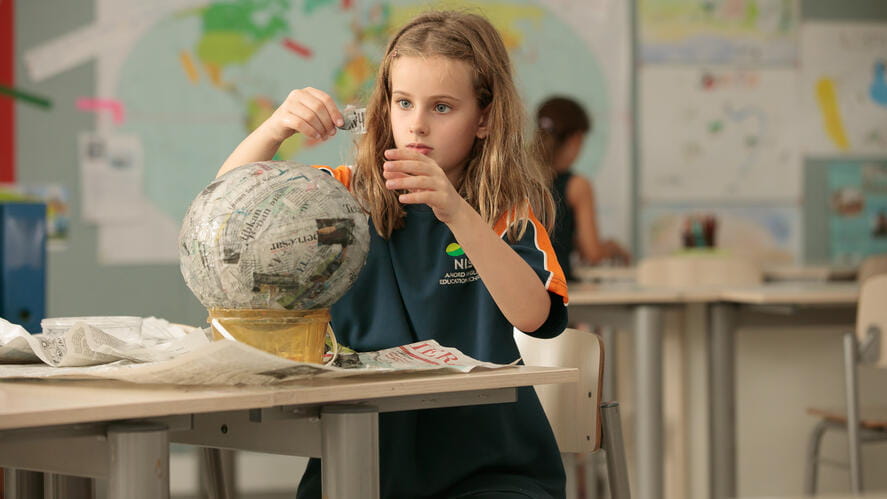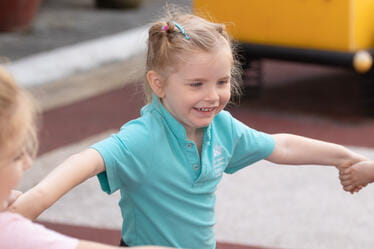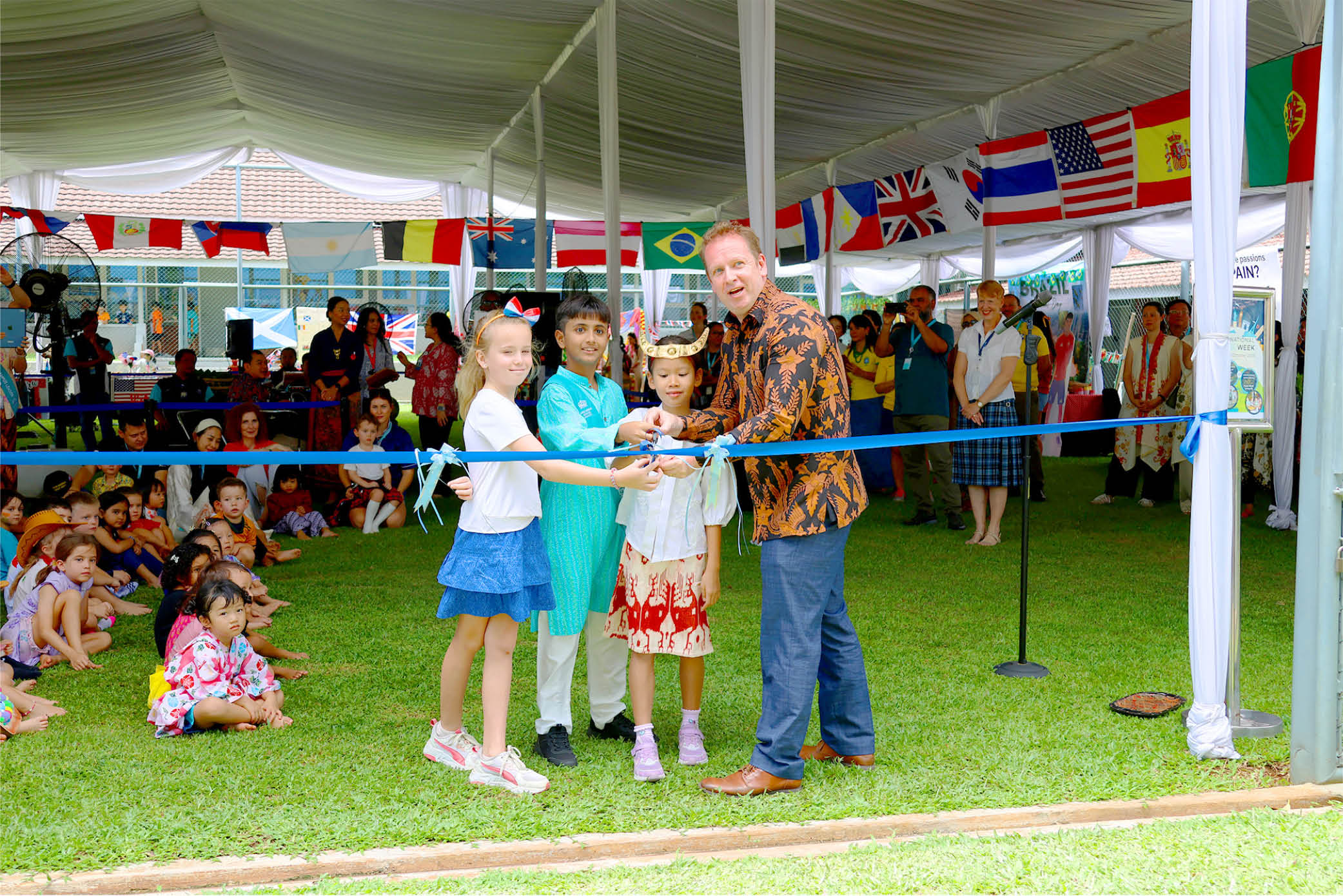It's Biological
Child-directed speech is an inherent human characteristic that allows caregivers to communicate with infants and toddlers. Studies from around the world have shown that child directed
speech happens cross-cultural when mothers interact with their babies. A 2017 study reported that even children around the world adjust their tone and speech when interacting with a baby or younger child.
"Baby Talk" Matters
Researchers from Stanford University, California found that children exposed to greater levels of child-directed speech at 19 months of age had a higher level of language processing skills, as well as vocabulary, at 24 months of age.
Better Academic Outcomes
Findings from research indicate that a child's expressive language at as young as two years of age can predict language and literacy outcomes over the next nine years of life, including: reading comprehension; vocabulary; letter identification and phonological awareness. Furthermore, one of the most powerful predictors of a child’s ability to learn to read and write is vocabulary size at 5 years.
References:
- Broesch, T., & Bryant, G. (2015). Prosody in infant-directed speech Is similar across western and traditional cultures. Journal of Cognition and Development, 16(1), 31-43.
- Lee, J. (2011). Size matters: Early vocabulary as a predictor of language and literacy competence. Applie Psycholinguistics, 32(1), 69-92.
- Torr, J. & Pham, L. (2016). Educator talk in long day care nurseries: How context shapes meaning. Early Childhood Education Journal, 44(3), 245-254.
- Weisleder, A., & Fernald, A. (2013). Talking to children matters: Early language experience strengthens processing and builds vocabulary. Psychological Science, 24(11), 2143-2152.








